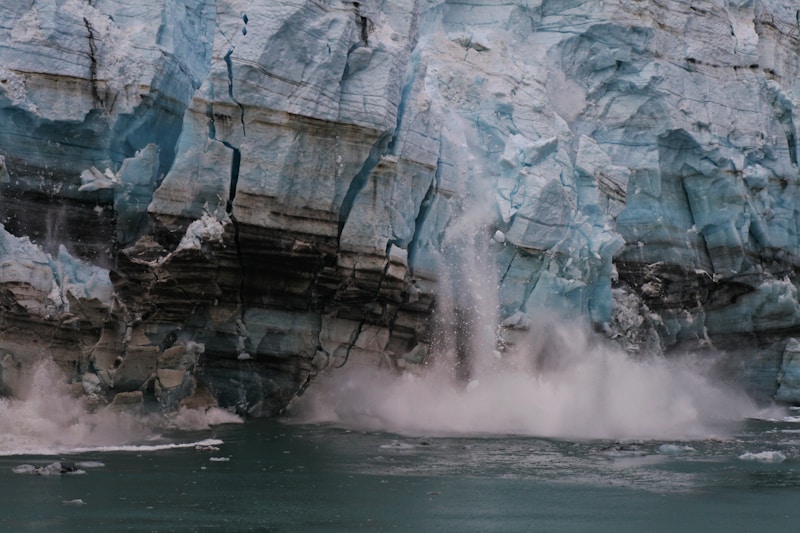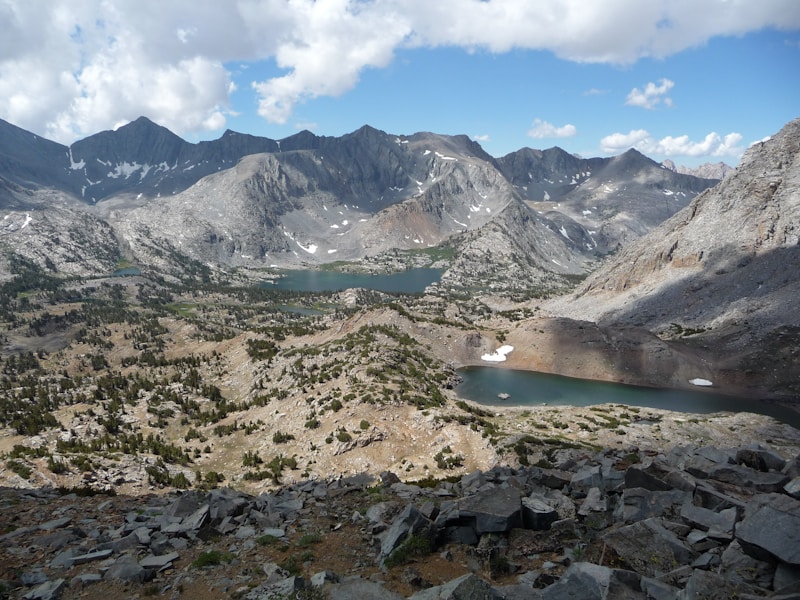Questions and Answers
Human geography explores how individuals and societies interact only with the physical environment.
False
Culture refers to the study of human beliefs, values, and behaviors.
True
Population geography examines the distribution and decline of human populations.
False
Geospatial technologies like Geographic Information Systems (GIS) have not impacted the field of geography significantly.
Signup and view all the answers
Studying geography helps in understanding the complex relationships between human societies and the environment.
Signup and view all the answers
Geography primarily focuses on the study of the Earth's physical features only.
Signup and view all the answers
Physical geography includes the study of climate, landforms, and hydrology.
Signup and view all the answers
Hydrology is the study of Earth's atmospheric conditions.
Signup and view all the answers
Geography helps us understand how human populations interact with and shape landscapes.
Signup and view all the answers
Climate in physical geography refers to the study of Earth's surface features.
Signup and view all the answers
Study Notes
Geography: Exploring Our World's Limitless Landscapes
Geography is a captivating field that intertwines the physical, cultural, and environmental aspects of our planet. Let's dive into some of the fundamental concepts, intriguing subtopics, and the reasons why geography remains a fascinating discipline to explore.
What is Geography?
In essence, geography is the study of the Earth's features, peoples, places, and environments. It entails understanding how these factors interact and impact one another, allowing us to develop a deeper appreciation for the complexities of our globe. Geography encompasses a wide range of knowledge, from the physical characteristics of our planet like mountains, oceans, and climate, to the ways human populations interact with and shape these landscapes.
Physical Geography
Physical geography focuses on the natural world, showcasing the geographic distribution of earth's landforms, atmospheric conditions, and hydrographic features.
- Climate: The study of Earth's atmospheric conditions, including temperature, precipitation, and wind patterns, throughout the globe.
- Landforms: The examination of the planet's surface features, including mountains, valleys, and plateaus, and how they are formed and shaped by natural processes.
- Hydrology: The study of Earth's water cycle, including the distribution and movement of water on, under, and above the Earth's surface.
Human Geography
Human geography explores how individuals and societies interact with the physical environment and one another.
- Culture: The study of human beliefs, values, and behaviors, and how they are shaped by the physical environment and other cultural factors.
- Population: The examination of the distribution and growth of human populations, and the ways in which they interact with and shape their environments.
- Regional Geography: The study of the geographic characteristics of specific regions, and how they influence human behavior, cultures, and economies.
Interdisciplinary Nature
Geography's interdisciplinary nature allows it to draw from other fields, such as biology, economics, and sociology, to provide a comprehensive understanding of our planet. For instance, ecological geography combines ecology and geography to study the relationships between living organisms and their environments, while urban geography combines urban planning, sociology, and geography to study the growth and development of cities.
Geospatial Technologies
Geospatial technologies, such as Geographic Information Systems (GIS) and Global Positioning Systems (GPS), have revolutionized geography, allowing us to visualize, analyze, and interpret spatial relationships and patterns. These technologies enable geographers to create detailed maps, analyze population dynamics, and monitor environmental changes with precision.
A Fascinating and Relevant Discipline
Geography is a fascinating and relevant discipline that provides insights into our planet's past, present, and future. It teaches us about the complex interactions between the natural world and human societies, and helps us understand how our decisions and actions impact the environment. As global challenges, such as climate change, population growth, and resource scarcity, continue to intensify, geography's unique perspective will become increasingly important in helping us navigate these challenges and secure a sustainable future for our planet.
In summary, geography is a fascinating field that combines the physical, cultural, and environmental aspects of our planet. By studying geography, we can develop a deeper understanding of the complex relationships that shape our world, and work towards a more sustainable and equitable future.
Studying That Suits You
Use AI to generate personalized quizzes and flashcards to suit your learning preferences.
Description
Delve into the captivating field of geography by exploring fundamental concepts, intriguing subtopics, and the interdisciplinary nature of the subject. Learn about physical geography, human geography, geospatial technologies, and how geography provides insights into our planet's past, present, and future.



